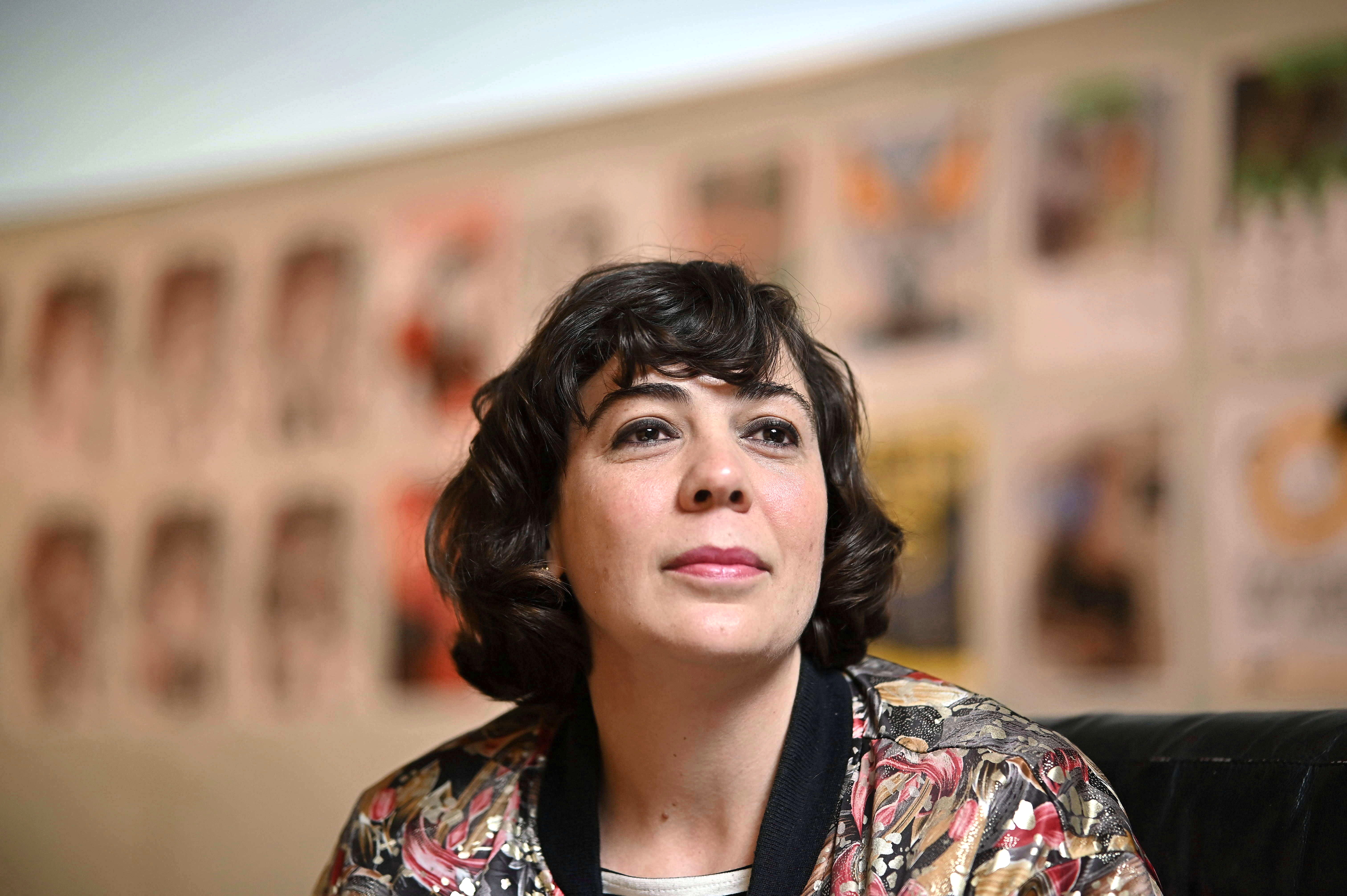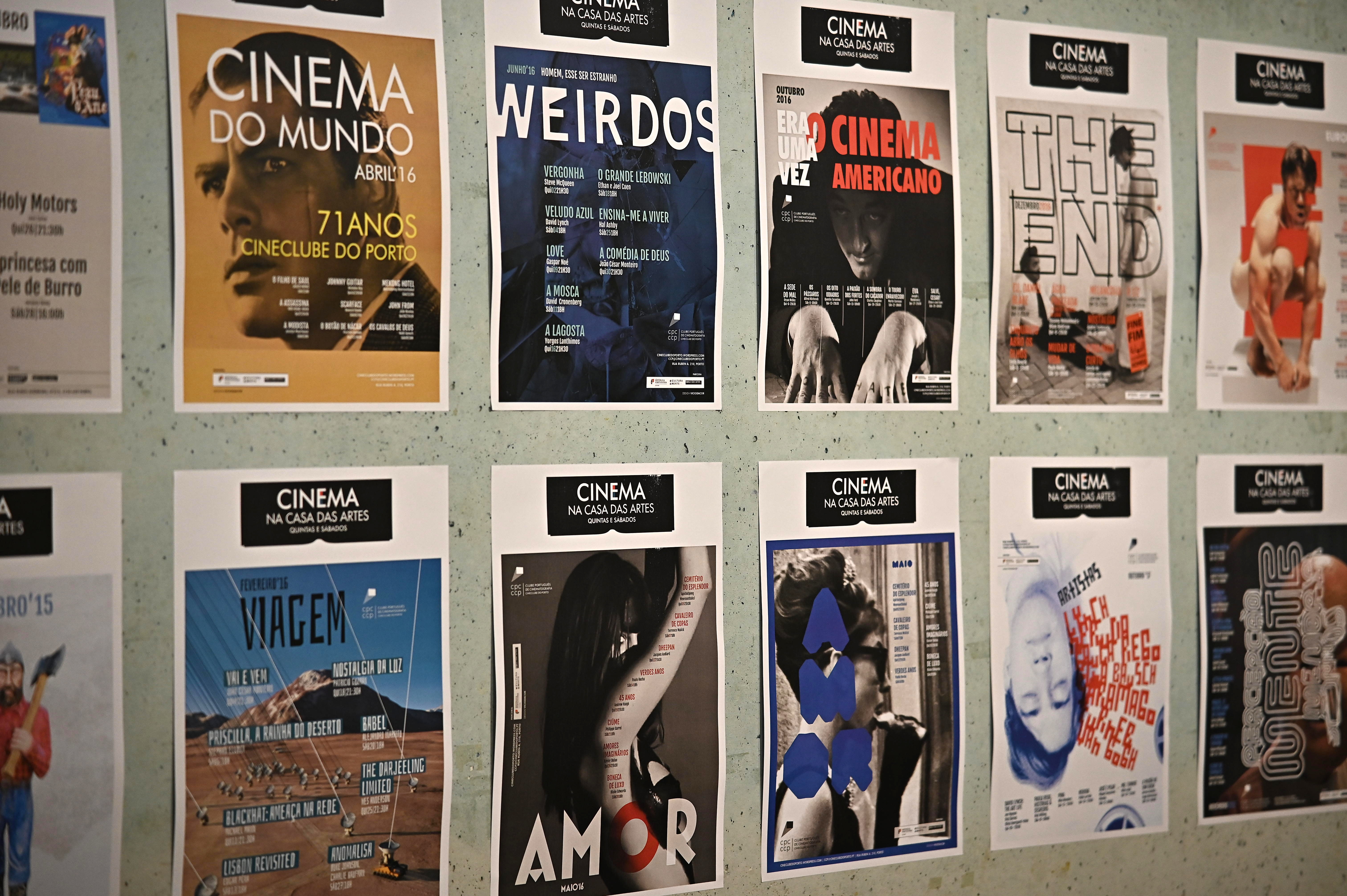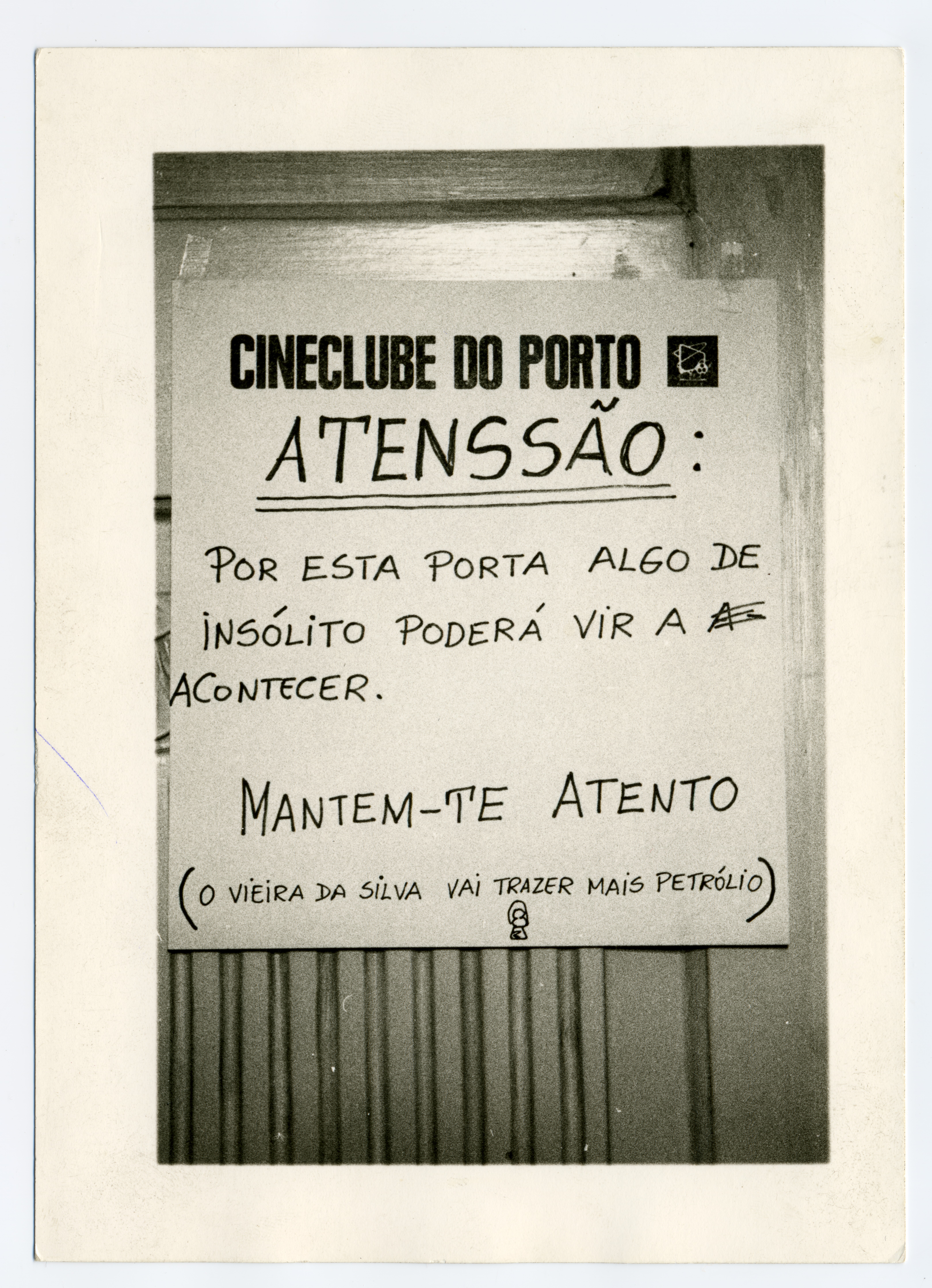EN

‘This looks like the end of the world’ is the theme of the celebrations for the 80th anniversary of Cineclube do Porto, with the screening of Dr Strangelove on 13 April at Cinema Batalha. Stanley Kubrick's political satire on the Cold War is the film chosen to mark the anniversary of the country's oldest film club. ‘We thought it had to be an impactful film, but one that reflected what we wanted to say by choosing this theme; ‘this looks like the end of the world’ is not a fatalism, it's a kind of vent,’ the film club's president, Ana Carneiro, told Agenda Porto.
To celebrate the round number, until the end of the year, the Cineclube do Porto, which has just been awarded the Sophia Prize for Art & Technique by the Portuguese Film Academy, will be travelling around the city taking film screenings to different venues, launching a publication and promoting its collection gathered in the Cinema Library at Casa do Infante. ‘Our collection deserves to be seen in different ways, and that's also one of our ideas for this time,’ says Ana Carneiro, adding that illustration workshops are planned, similar to what happened during the “Cinema and Revolution” exhibition, which ended in February.
Ana joined Cineclube in 2010, the year that regular screenings resumed at the Passos Manuel Cinema after a decade's hiatus, and then, at the end of 2013, they moved to the Casa das Artes, where they ran until the end of March. Despite the fact that she is now looking for a new venue, the president assures us that this cultural association, with around 150 members ‘with up-to-date membership fees’, is in good health. ‘The Cineclube is very stable; it doesn't look like it because we're moving out of Casa das Artes, but in terms of structure, organisation, it's very stable,’ she says. ‘I think it's a good time. We've spent 12 years here; now we have to adjust and readapt, and the prospects are good; we have a partnership with Batalha [where they show the Film Club Matinees in fortnightly sessions on Sunday mornings]; and we have the idea that we're going to have more partnerships,’ he adds optimistically.

Ana Carneiro, presidente do Cineclube do Porto © Rui Meireles

Cartazes de filmes exibidos na Casa das Artes © Rui Meireles
With a loyal audience made up of a ‘small nucleus of older members who realise the importance of associations and film clubs’, the Cineclube also welcomes new members, having ‘been adding young people who then have the capacity to continue’. However, Ana recalls that the Covid-19 pandemic caused Cineclube to lose its audience. ‘We had already built up our audience at Casa das Artes, which was quite consistent; we had a very good average, but after Covid-19 it was almost a restart, and we still haven't managed to get back to the number of viewers before the pandemic,’ she laments. ‘Today, the fight is for people to go back to watching films in the cinema; with the platforms, many people watch films at home.’
Ana Carneiro believes that film clubs all over the country ‘do an almost public service job, especially in communities where there are no cinemas, where there isn't as much culture on offer’, and that Cineclube do Porto's reach also extends beyond the city. Since the beginning of the year, it has been taking films to schools in the Tâmega and Sousa sub-region through the Cinema Clubs project, which will last three years and is co-financed by the Portugal Social Innovation programme and the municipalities of Amarante, Cinfães, Felgueiras, Lousada, Paços de Ferreira and Penafiel, with the support of the Tâmega and Sousa Intermunicipal Community. It involves the creation of school film clubs with the aim of raising awareness of the phenomenon of bullying and cyberbullying, helping to reduce their impact on school communities. This school year, the project involves nine schools and more than 150 students. ‘The kids create their own film club, programme, watch films and debate, it's a very beautiful project,’ she says.
The oldest film club in the country that resisted the dictatorship
Initially called Clube Português de Cinematografia, Cineclube do Porto was founded by Hipólito Duarte at the Liceu Alexandre Herculano in 1945, making it the first film club in the country. After its pioneering foundation, its trajectory became blazing with its anti-regime screenings. ‘The film club came about because there was a thirst to see things that weren't being shown, and there were organised people with a vision who were willing to do this, such as Henrique Alves Costa, who managed to ‘diplomatically’ take the film club [forward],’ says the president. ‘Because of an exhibition we did, from our collection, I found references to sessions that seemed strange to me, like the screening of The Battleship Potemkine... I realised that, in the early 1970s, pirated Super 8 copies of banned films arrived at the film club; the film clubs circulated these copies among themselves and promoted semi-private, clandestine sessions,’ she says.

Documento do acervo do Cineclube do Porto

do acervo do Cineclube do Porto
Share
FB
X
WA
LINK
Relacionados


